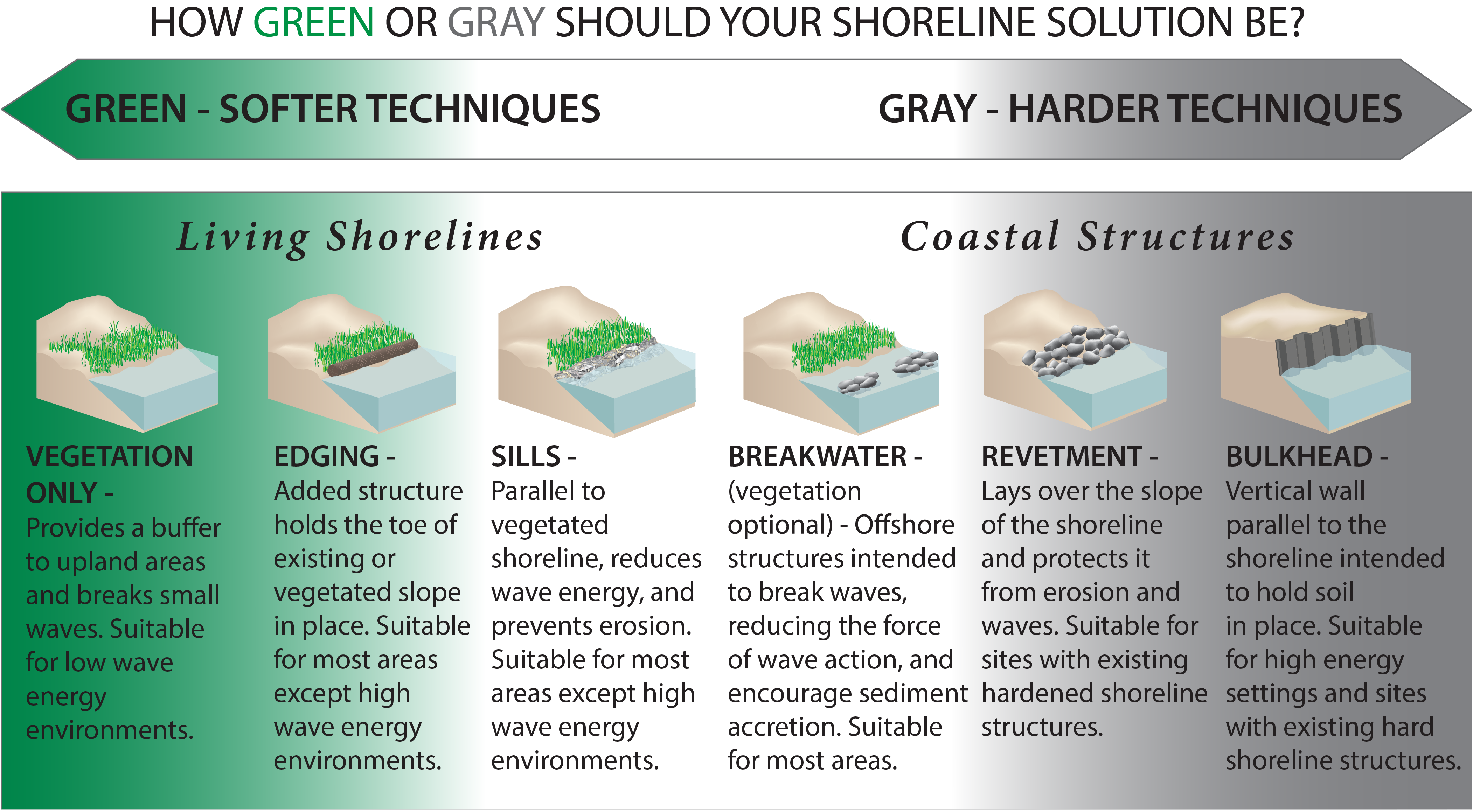More than 350 engaged guests attended the Tampa Bay Regional Planning Council’s “Champions of Change: Creating Resilient Communities” two-day summit, which many attendees said was exactly the exchange of ideas needed to start bringing about real change for the region.
“Nothing that you do will make more difference for our kids and our grandchildren and future generations than the actions that you take here today, and after you leave here today,” said Pinellas County Commissioner Janet Long as she opened the summit Jan. 7 in St. Petersburg.
Long is leading the Tampa Bay Resiliency Coalition, a group organized by the TBRPC in 2018 that organized the Summit, the first resiliency conference of its type in the Tampa Bay area.
Along with numerous local and state elected officials, attendees ranged from a sustainability management professor at St. Petersburg College to a natural gas company executive to a concerned citizen from Pasco County. More than 40 speakers shared research, resiliency strategies and details of successful initiatives from around the state and the country.
Julia Nesheiwat, Florida’s new Chief Resilience Officer, has spent the past six months touring the state to see such initiatives in operation. On the opening day of the summit, she talked about the need for creating a repository of information so municipalities can learn best practices.
Other highlights of Day 1 included a mayors’ panel discussion on resiliency with Tampa’s Jane Castor, St. Petersburg’s Rick Kriseman, and Clearwater’s George Cretekos. Their comments ranged from the need for local governments to get funding help from their federal and state counterparts to how resiliency efforts should be a continuing priority. (And in a lighter touch, Cretekos talked about how citizens shouldn’t put pizza boxes into recycling bins.)
The mayors were also on hand as the TBRPC announced JP Morgan Chase’s award of $500,000 for the development of a regional resilience initiative focused on affordable housing, called “Resilient and Energy Assessment of Communities and Housing” (REACH).
The REACH Project will bring together housing, resilience, and recovery planning experts and community leaders to assess potential risks that local communities face from extreme weather and sea level rise, and define new strategies and policies to increase affordable, resilient housing development and redevelopment.
To show the wide range of topics discussed at the Summit, here are a few examples of ideas and facts that came out during the session, which featured speakers from such forward-thinking regions as Houston, Miami, the Netherlands, and Norfolk, Virginia:
- Clean energy strategies can include finding ways to capture gas as it hits the air from landfills or waste facilities, potentially turning it into revenue.
- Studies show that the best way cities can reduce carbon footprints is by updating building codes to require more efficient structures.
- Sixty percent of public transportation vehicles across the country are fueled alternatively.
- The prices of alternative energy, such as natural gas, batteries, wind and solar, are steadily dropping.
- Affordable housing must be designed so residents can endure prolonged power outages after an extreme weather event, because they have nowhere else to go. This can include cross-ventilation, shaded outdoor areas and rainwater collection.
- The Dutch philosophy is not to simply create barriers against the water, but to understand how to create flexibility in structures and areas to cope with rising water.
At the end of the second day, attendees broke into small groups to identify priorities in numerous topics that are part of resiliency efforts, such as shorelines and transportation. Their feedback will play a part in creating goals for the region to consider in the coming year.
The idea going forward, said CJ Reynolds, the TBRPC’s director of resiliency and engagement, is to first take the priorities established at the Summit to the Resiliency Coalition’s member municipalities for review. Then, the TBRPC will work with the municipalities to help as those areas determine their local priorities.
“The key in 2020 is to start turning ideas into action,” said Reynolds, who is taking a leading role in the Resiliency Coalition’s efforts. “We heard all about things that are working in other areas during the conference. Now, we’ll help determine what would work best in west-central Florida. We all agree that the time to do something is now.”




